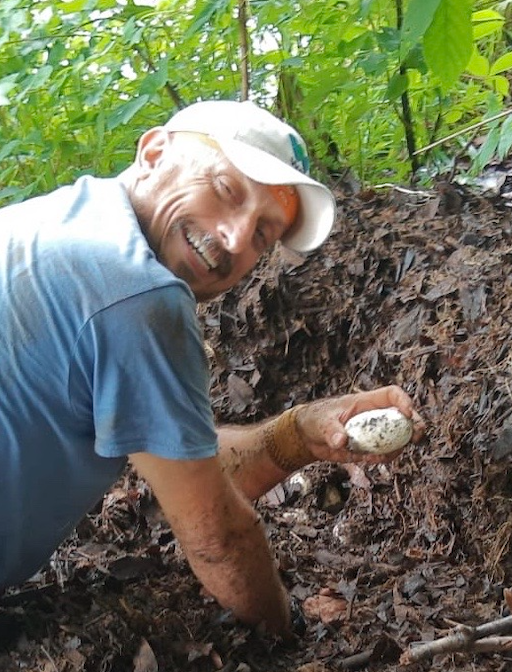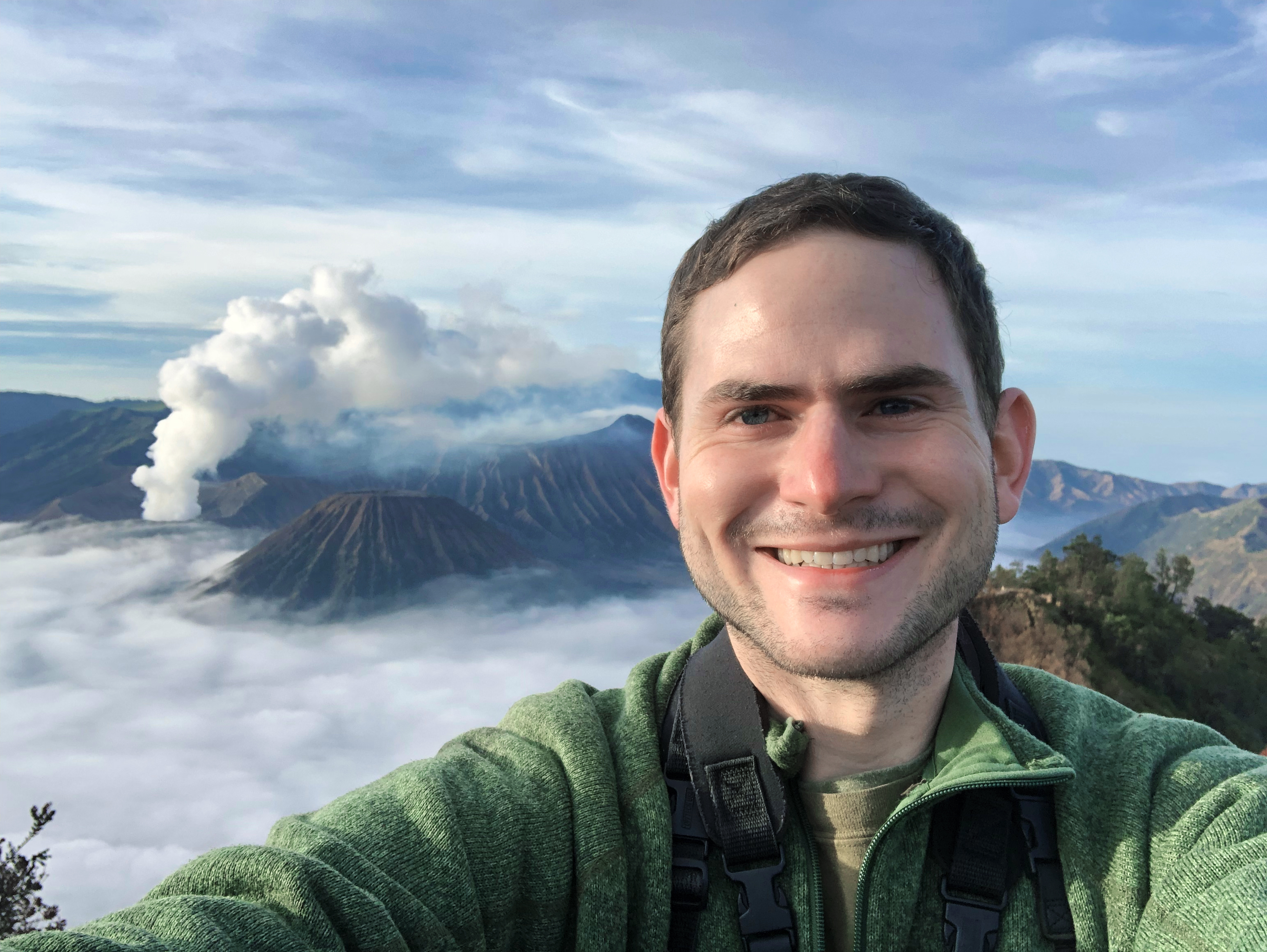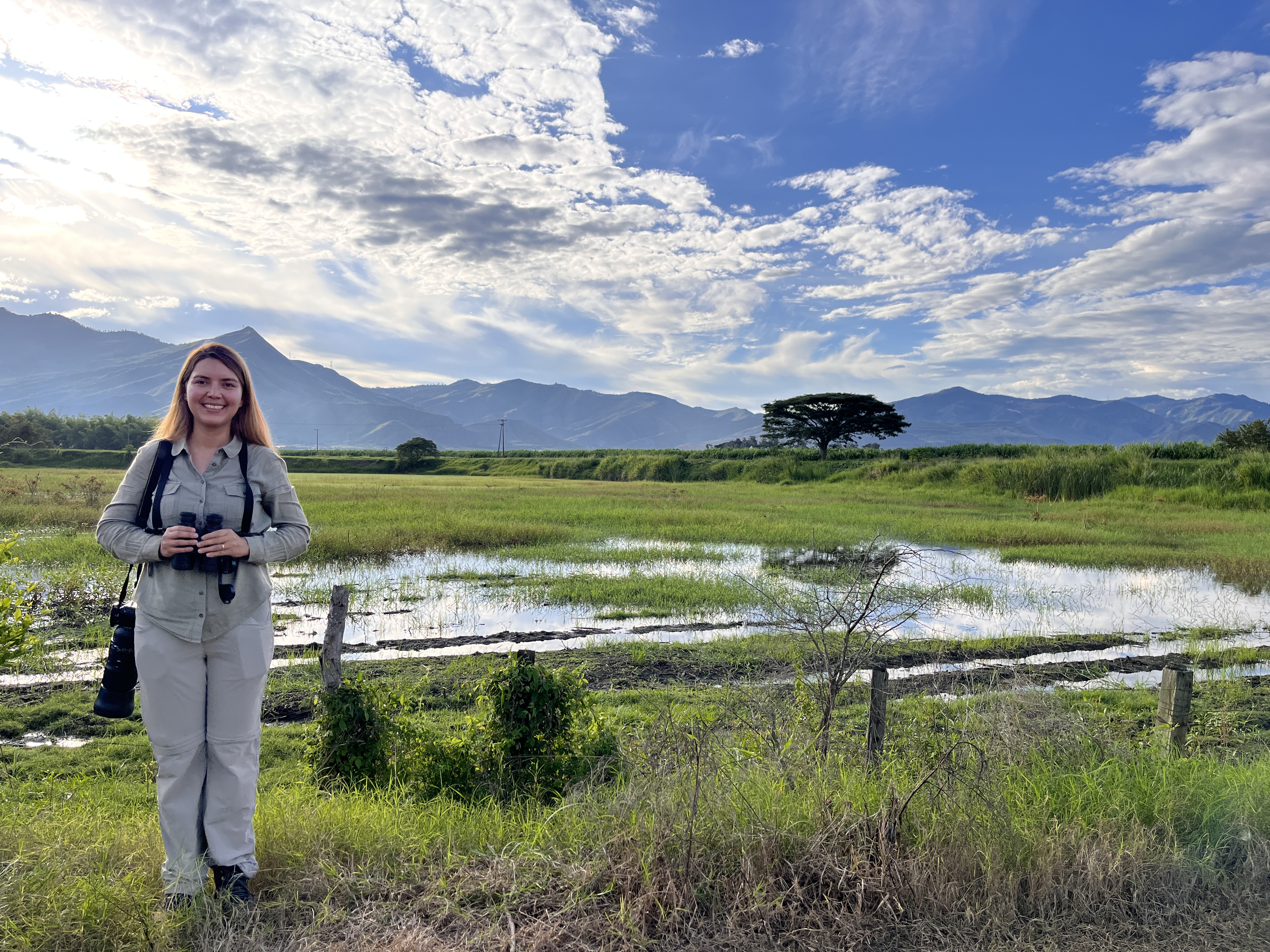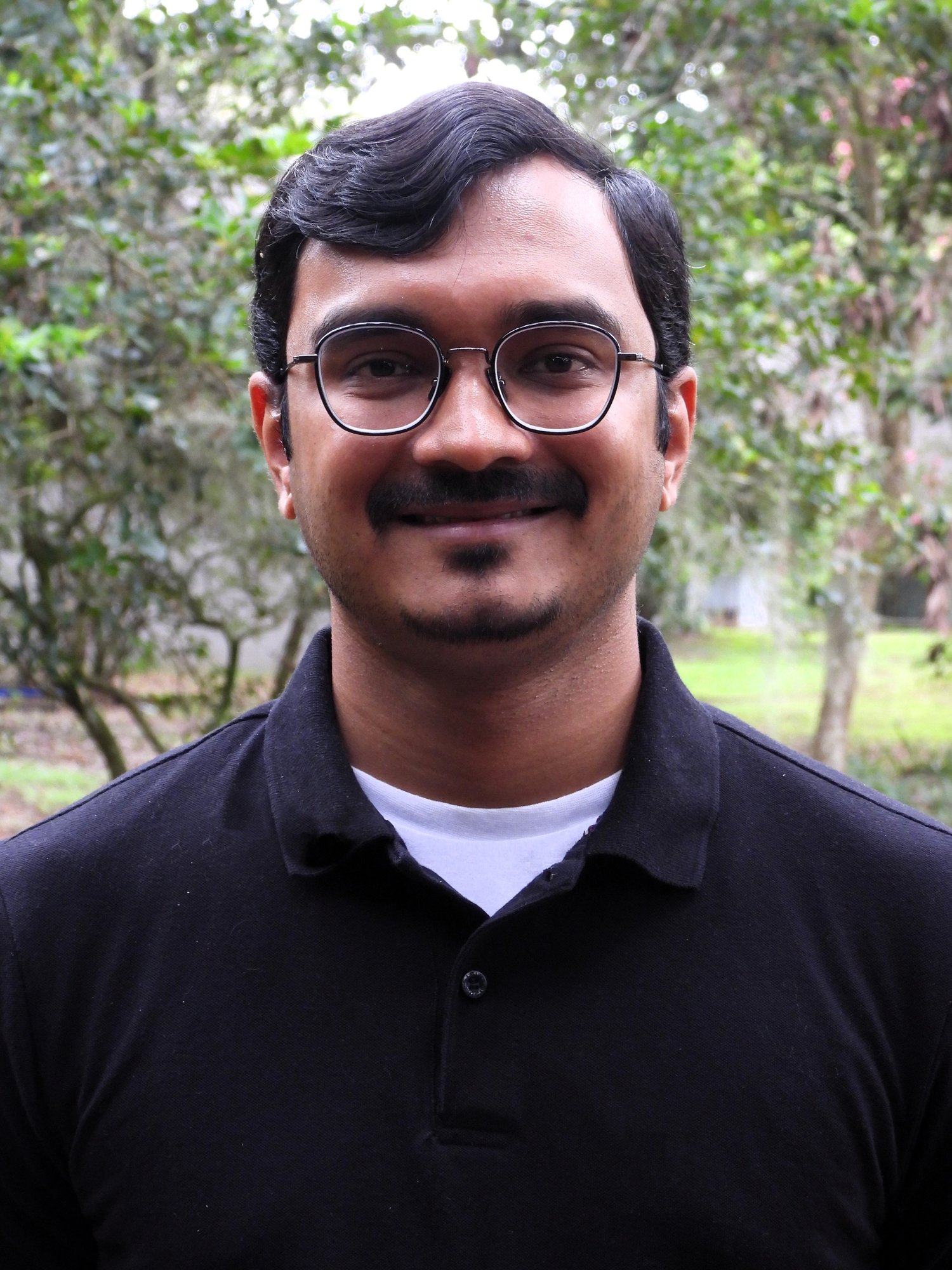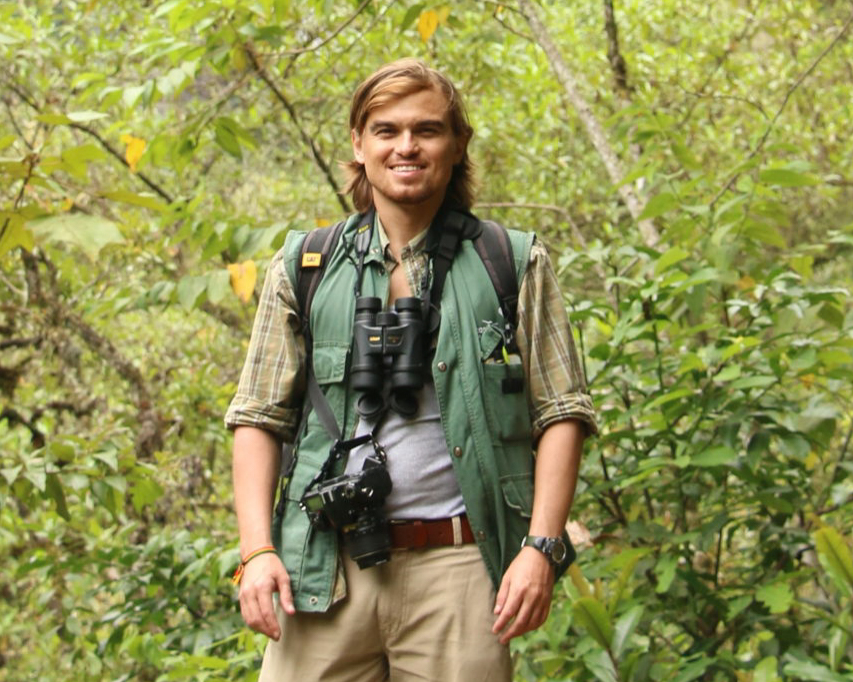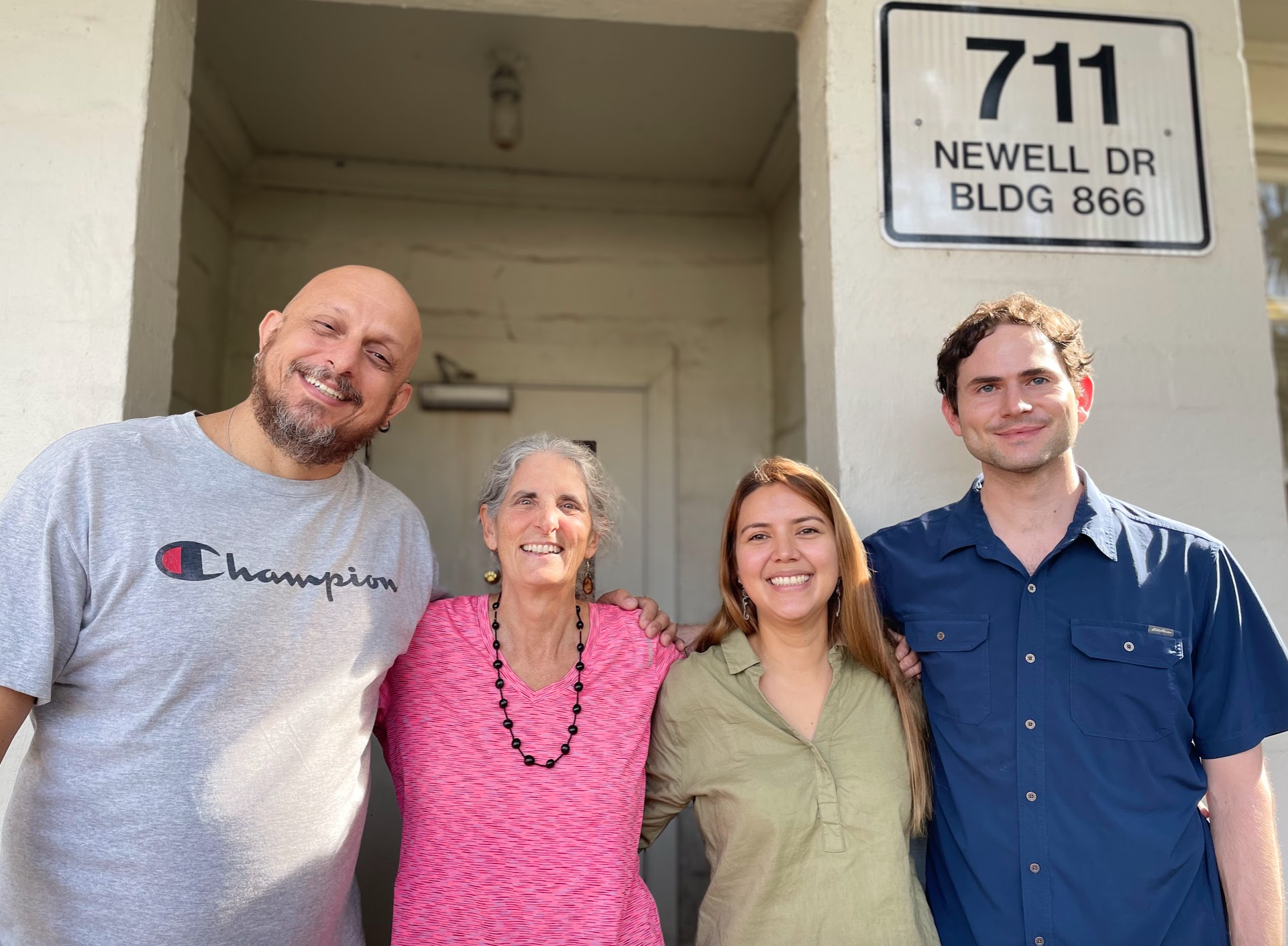
Bette holds a joint appointment as the Director of the Tropical Conservation and Development (TCD) Program in the Center for Latin American Studies and Professor in the Department of Wildlife Ecology and Conservation in the College of Agricultural and Life Sciences. She came to UF in 2011 following an 18 month detail as Director of the Division of Environmental Biology at the National Science Foundation. Her research focuses on understanding the importance of biodiversity in tropical systems, especially the ecological role of animals as seed dispersers, and the ecology and long-term dynamics of bird populations. She is also investigating the evolutionary ecology of lek-mating systems in birds and how the spatial ecology of females influences mate choice decisions and male reproductive strategies. These latter studies on manakins is related to a recently completed NSF-funded Research Coordination Network (RCN) on the genomic underpinnings of sexual selection using manakins as a model group – Manakin Genomics RCN. Loiselle is also helping to lead a Cross-scales Biodiversity RCN (PI: Dr. Ana Carnaval, CUNY). In recent years, much of her field research has been conducted in the Ecuadorian Amazon, although other research sites include Atlantic forests of Brazil, Andes of Colombia, and tropical wet forests of Australia. Her research has been primarily supported by grants from the National Science Foundation and National Geographic Society, while program grants have come from a number of sources including USAID, Christensen Fund, NSF, Compton Foundation, Conservation Food and Health, among others. Bette is also involved in a number of capacity-building and research efforts as Director of the TCD program. Currently, with funding from the 100K Strong in the Americas Innovation Fund, TCD is partnering with the Universidad Amazónica de Pando on the project “Transdisciplinary Participatory Research Exchange Program in the Bolivian Amazon” to build transdisciplinary research skills through an innovative mentor and research training effort. Recently, TCD partnered with the Andes-Amazon Initiative of the Gordon and Betty Moore Foundation to build a Pan-Amazon Community of Practice and Learning as part of the Governance and Infrastructure in the Amazon (GIA) project; TCD also was engaged with a RCN investigating how social-ecological systems are transformed by hydroelectric dams in the Amazon (Amazon Dams Network). See Bette’s CV here. See this video to hear Bette discussing some of her seed dispersal work during an OTS interview.
